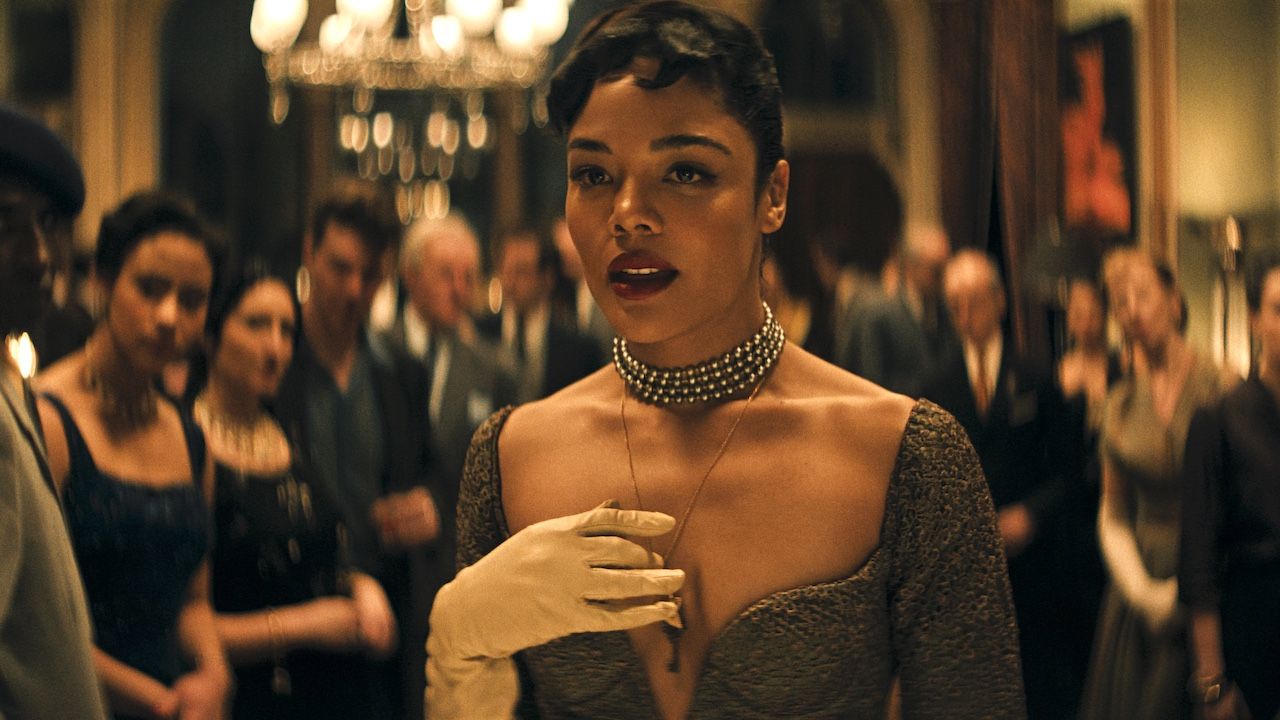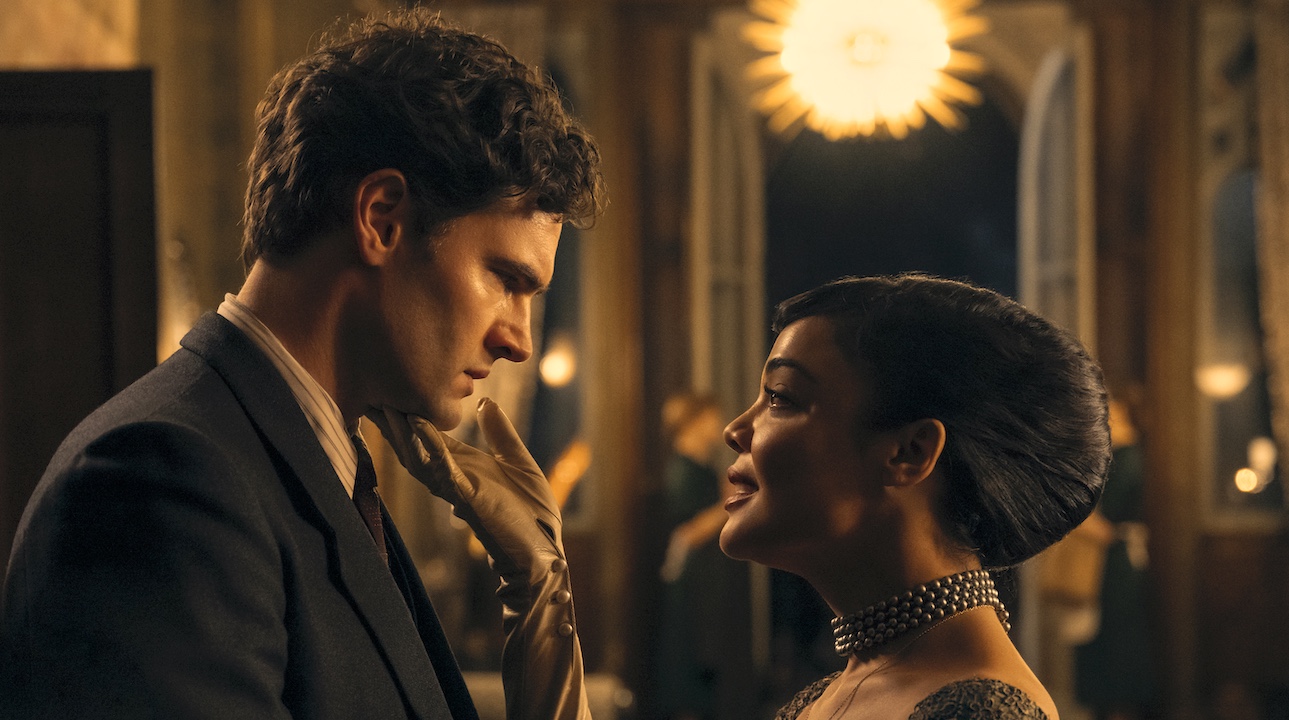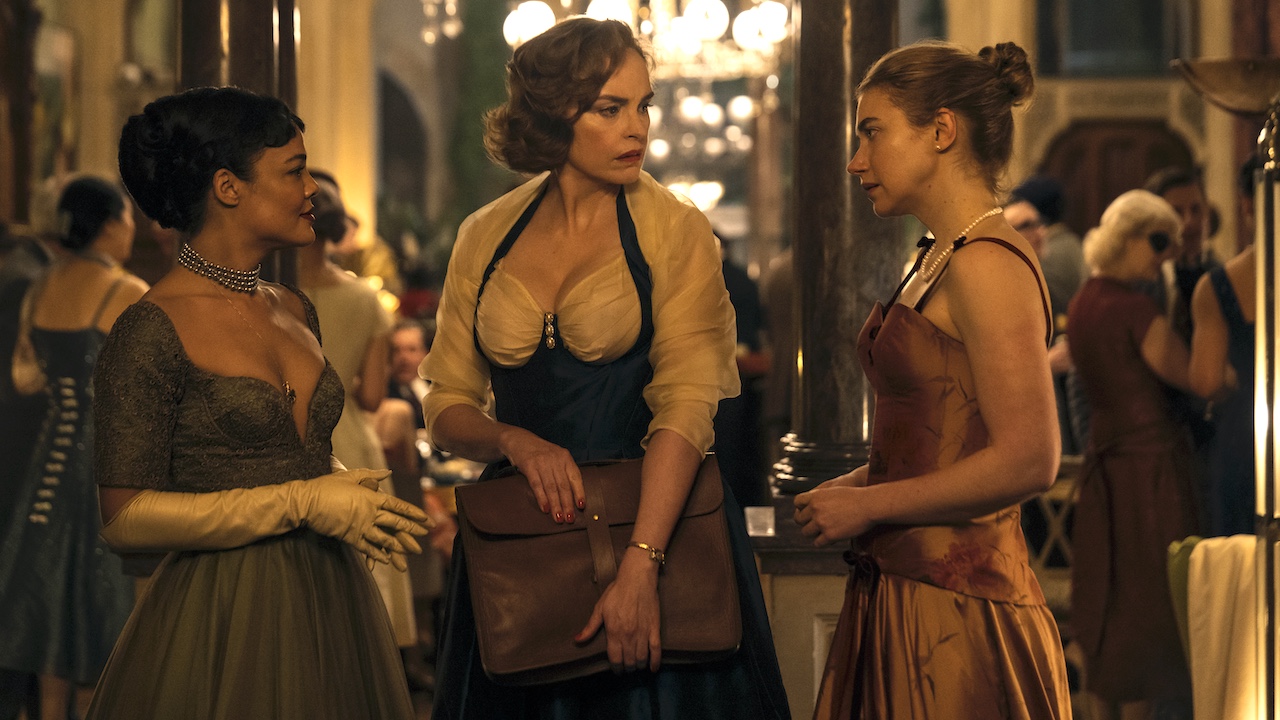
I was really excited when I heard about Hedda, a new LGBTQ+ movie coming out this year, and now that it’s available to stream, I highly recommend it. I want to share how cleverly it reimagines a classic 19th-century play with a queer perspective, whether you’ve already seen it or are still deciding if it’s for you.

What Hedda Is Based On
This film, Hedda, is based on Henrik Ibsen’s play Hedda Gabler, a classic of realistic literature written over 130 years ago. The story centers on Hedda Gabler, the daughter of a general, who finds herself unfulfilled in her new marriage to a scholar named George Tesman. When George’s professional competitor – and one of Hedda’s former loves – Eilert Løvborg reappears, Hedda sets out to disrupt his life. (I won’t give away the ending, just in case you want to be surprised!).

Try Amazon Prime Video for 30 days for free! A Prime membership gives you more than just streaming access – you also get fast, free shipping, plus perks for gaming and reading, and special deals. Enjoy a huge selection of movies and shows, including Amazon Originals like the new film, Hedda. After the trial, it’s $14.99 per month, or you can save 22% by paying $139 for a year. See the deal here.

How It Puts A Queer Spin On The Classic Play
Many book-to-film adaptations change details from the original story, but this one stood out to me because it adds depth to Hedda’s character. Directed by Nia DaCosta (known for The Marvels), the film reimagines the story in the 1950s and sets it entirely at a party hosted by the Tesmans, rather than having the couple attend one. A character named Eilert is reimagined as Eileen (Nina Goss), a former lover of Hedda’s, who is now in a relationship with Thea (Imogen Poots).
Changing the genders of two characters actually adds a lot more depth to Hedda’s personality. Instead of just being a woman unhappy in her marriage, she’s portrayed as a queer woman – and wonderfully played by a queer actor in this production – who sacrificed a relationship with another woman to meet societal expectations and become a wife.
In both adaptations of Hedda, she chooses to ruin the life of a former lover. However, the film version adds a layer of complexity: Hedda seems motivated by jealousy of Eileen’s strength and authenticity as a queer woman, contrasting with Hedda’s own choice to conform to the expectations of their patriarchal society.
This film offers a captivating new take on the story of Hedda, demonstrating its enduring relevance over a century after its original publication. The film’s version of Hedda is a mixed-race woman who seems to view marriage as a path to security and wealth, while Eileen, a white academic, has more freedom to explore her identity. Recognizing that the same options aren’t available to her, Hedda channels her suppressed anger into destructive actions towards others.
Ultimately, Hedda is a powerfully moving exploration of how societal pressures impact women and marginalized groups. It shows how a patriarchal system can drive wedges between people when it forces them into subordinate roles. It’s a thought-provoking work that I strongly encourage you to experience for yourself.
Read More
- Clash Royale Best Boss Bandit Champion decks
- Vampire’s Fall 2 redeem codes and how to use them (June 2025)
- Mobile Legends January 2026 Leaks: Upcoming new skins, heroes, events and more
- World Eternal Online promo codes and how to use them (September 2025)
- Clash Royale Season 79 “Fire and Ice” January 2026 Update and Balance Changes
- Best Arena 9 Decks in Clast Royale
- M7 Pass Event Guide: All you need to know
- Clash Royale Furnace Evolution best decks guide
- Best Hero Card Decks in Clash Royale
- Clash Royale Witch Evolution best decks guide
2025-11-03 15:08